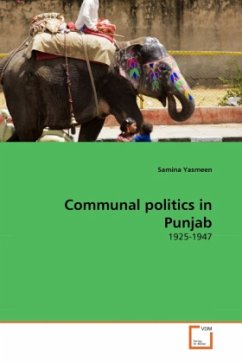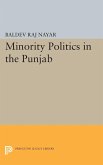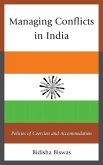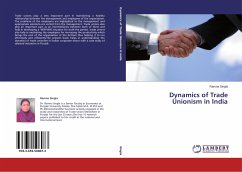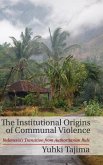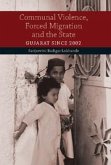In South Asia, the beginning of 20th century was marked by intense nationalists activities, but its momentum was comparatively slow in Punjab due to its socio-economic backwardness. Consequently anti-imperialist activities were merely sporadic and confined to limited circles of the society. So in the absence of strong national consciousness, nationalist organisations and political parties remained inactive and it became very easy for communal groups to divert the attention of masses from socio-economic and political realities to the communal issues such as distribution of jobs on the basis of their population strength and separate communal representation, etc. Thus, from the very beginning people in Punjab were mobilized on communal lines transforming the province into storm 'centre of communalism'. The purpose of this research is to examine the political developments in Punjab from 1925 1947, covering the impacts of various reforms brought about by the British Government and role played by different parties in heightening the communal tension.
Bitte wählen Sie Ihr Anliegen aus.
Rechnungen
Retourenschein anfordern
Bestellstatus
Storno

